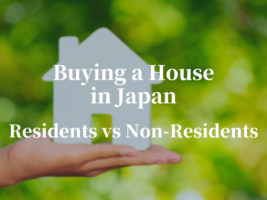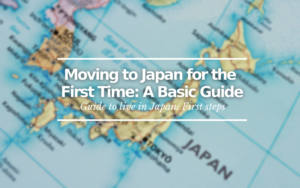List Sotheby’s International Realty: Buying Luxury Real Estate in Japan
A Guide to Elite Properties: Securing Prime Real Estate in Japan

Are you interested in purchasing premium real estate in Japan? Navigating the property market in a foreign country can often be complex and overwhelming. Fortunately, List Sotheby’s International Realty can simplify the process for you.
In this article, we will delve into Japan’s current real estate situation, highlight some of the most attractive real estate areas, and provide a comprehensive guide on buying property in this vibrant country. Whether you’re looking to invest in a bustling city center or a serene mountain retreat, this guide will equip you with the necessary insights to make informed decisions in Japan’s luxury real estate market.
What is List Sotheby’s International Realty?
 List Sotheby’s International Realty is a real estate company that operates as part of the Sotheby’s International Realty network and is known for its focus on luxury properties.
List Sotheby’s International Realty is a real estate company that operates as part of the Sotheby’s International Realty network and is known for its focus on luxury properties.
Established in Japan and expanding across the Asia-Pacific region, including markets like Thailand, the Philippines, Singapore, and Hong Kong, the company offers a wide range of services. These include residential sales, leasing, project marketing, property management, and consulting services.
List Sotheby’s International Realty capitalizes on the prestigious Sotheby’s brand, which is synonymous with high-end real estate and art auctions. The company leverages this reputation to attract affluent buyers and sellers, providing them with customized services and access to exclusive properties.
Current Real Estate Situation in Japan
Japan is a premier destination for real estate investment in the Asia-Pacific, leading as the top choice for cross-border investments for several consecutive years—a stable yen, political stability, solid financing options, and excellent public safety support its allure.
Japan’s high rankings on international indices like the National Brand Index and the Fragile State Index highlight its effective governance and stability. Tokyo, notable for its global appeal, stands out, particularly on the Global Power City Index. Apart from Tokyo, cities such as Osaka, Kyoto, and Okinawa bring unique advantages, enhancing its overall appeal.
Stable prices and a high transaction volume characterize the real estate market in Japan. Prime properties are relatively affordable compared to other major cities worldwide. This combination of factors makes Japan an attractive and reliable market for overseas investors looking for significant opportunities.
Attractive Real Estate Areas in Japan
As I mentioned in the last paragraph, each city or area in Japan has unique advantages that enhance its overall appeal. From big central cities, the epicenters of the economy, culture, and latest trends, to more rural resort areas where you can fully enjoy the natural beauty that changes with the passing of seasons.
Tokyo
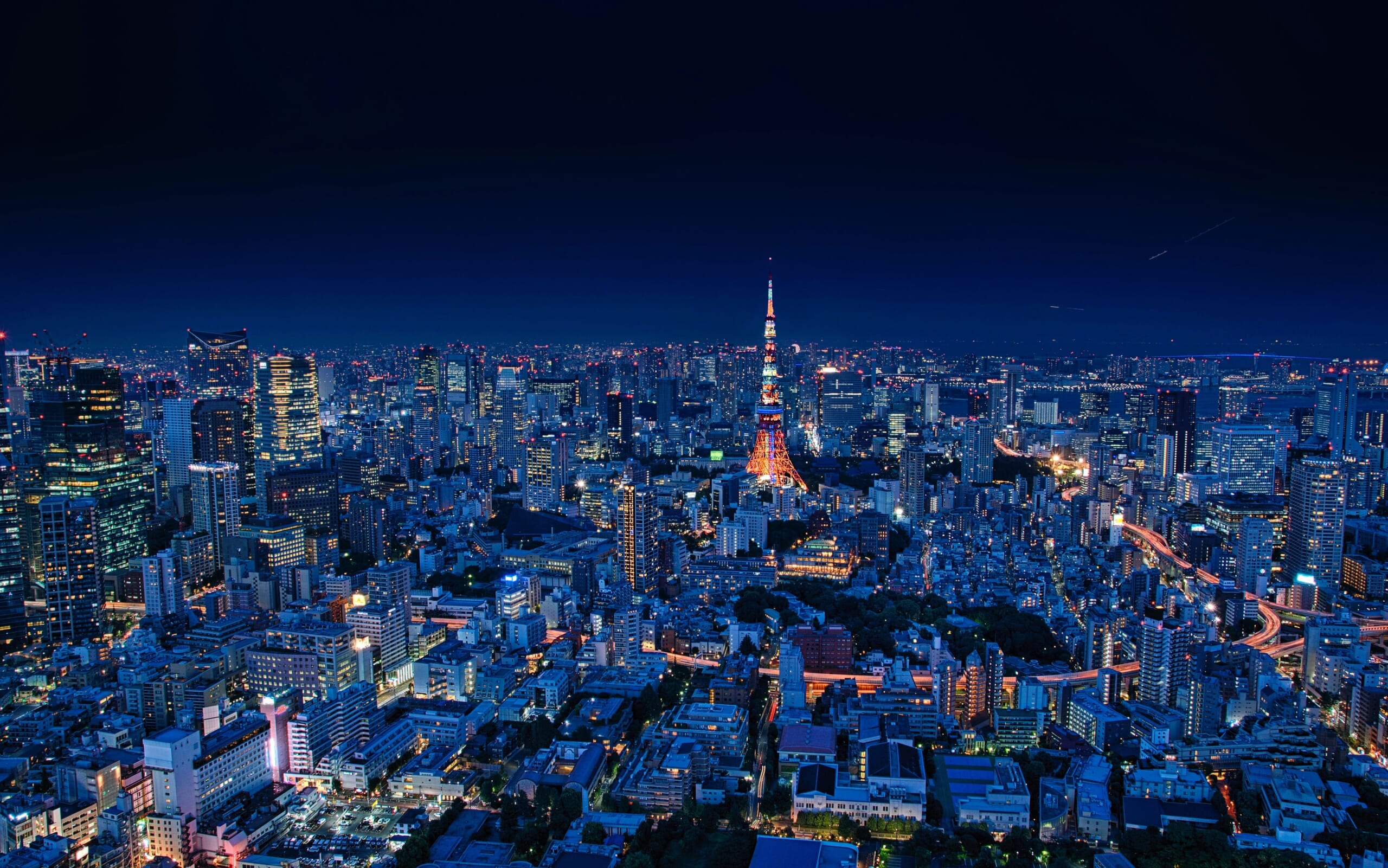
The world’s largest megacity and the business, political, and commercial heart of Japan offers a vibrant blend of shopping, entertainment, and gourmet dining, boasting the highest number of Michelin stars globally.
Within this dynamic city, several areas stand out for their unique appeal to real estate investors and residents alike. Akasaka (赤坂) is notable for its bustling business activity and upscale residential spaces, making it a highly sought-after locale for professionals. Aoyama (青山), known for its trendy fashion boutiques and cultural scene, attracts a stylish crowd with its blend of modernity and tradition. Meanwhile, Azabu (麻布) is renowned for its luxurious residential offerings and proximity to international embassies, providing an exclusive and cosmopolitan living experience.
Other large cities
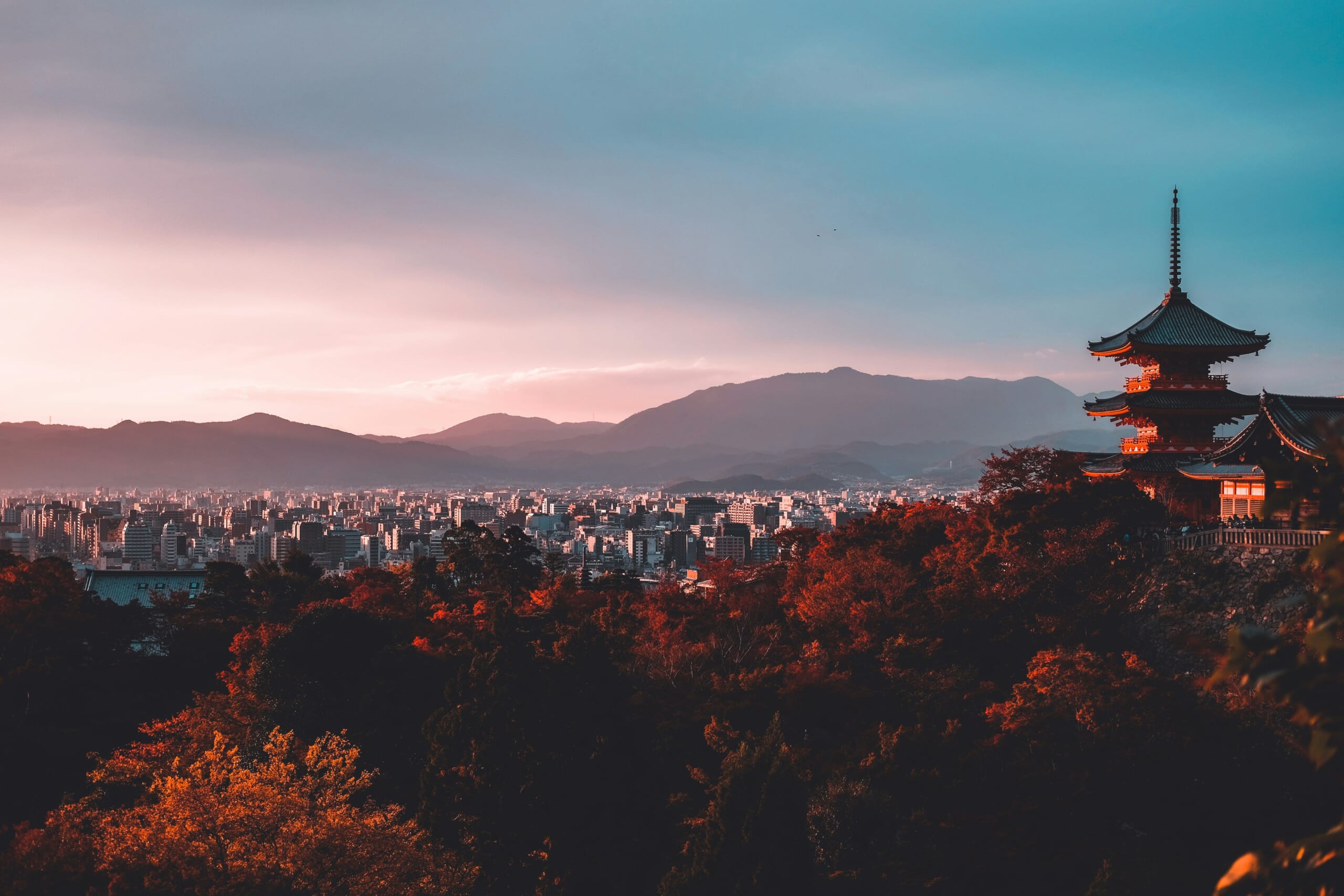
Large cities in Japan offer a compelling mix of cultural richness, modern amenities, and robust economic opportunities, making them attractive hubs for real estate investment.
Osaka (大阪), known for its vibrant nightlife and culinary scene, serves as a commercial powerhouse in the Kansai region and attracts a dynamic mix of businesses and residents. Kyoto (京都), with its historic temples and traditional townscapes, appeals to those seeking a blend of heritage and tranquility, offering unique investment opportunities in tourism-driven properties. Fukuoka (福岡), rapidly emerging as a gateway to Asia, boasts a growing startup scene and a youthful demographic, enhancing its potential for residential and commercial real estate growth.
Mountainous areas
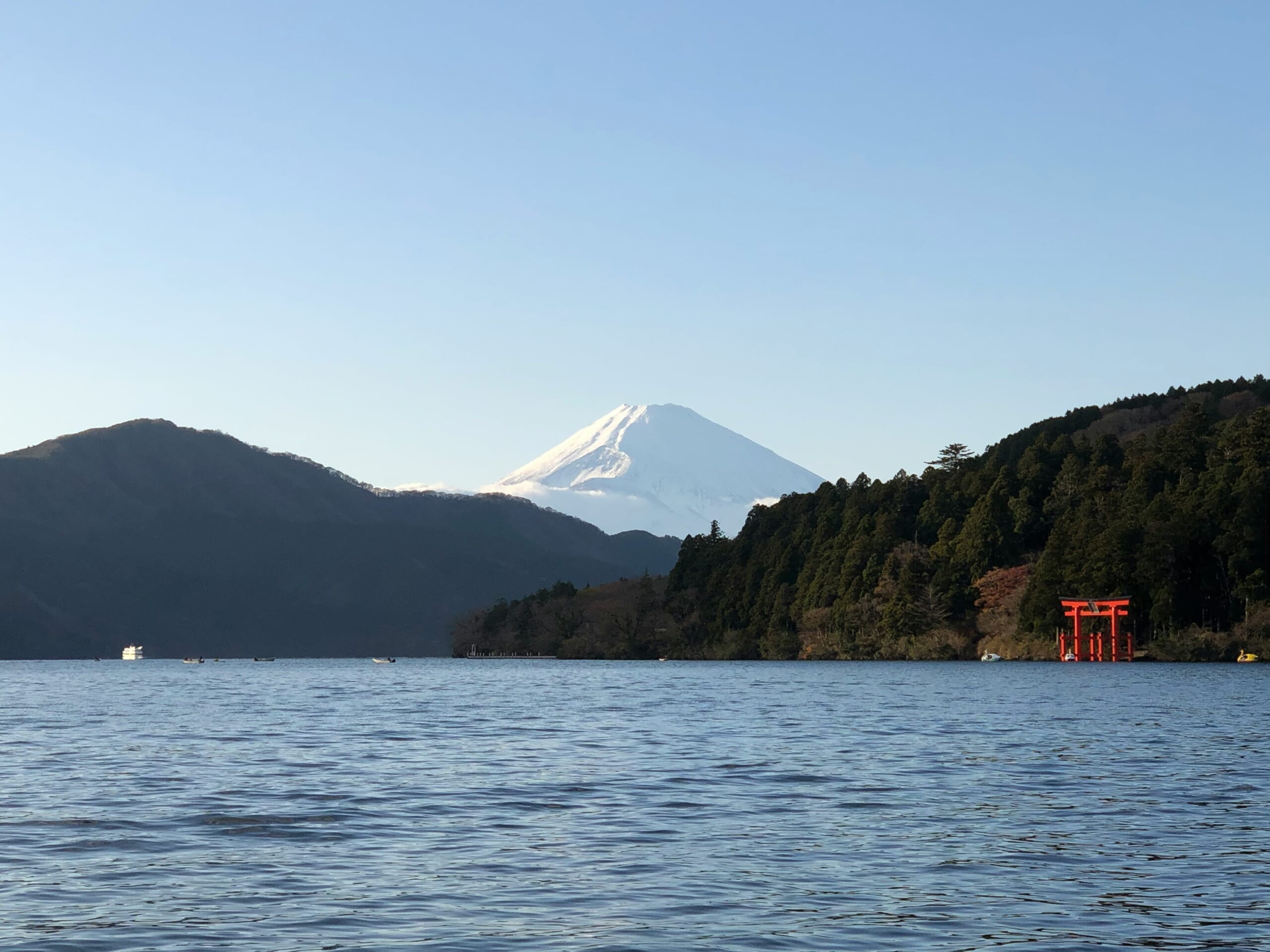
Mountainous areas in Japan offer unique real estate opportunities due to their stunning natural landscapes, seasonal recreational activities, and wellness-focused lifestyles.
Niseko (ニセコ) is renowned globally for its exceptional powder snow, attracting winter sports enthusiasts and investors looking for lucrative vacation rental properties. Karuizawa (軽井沢), a favored retreat for Tokyo’s elite, offers a cool climate and lush scenery, ideal for luxury resorts and second homes. Hakone (箱根), known for its hot springs and views of Mount Fuji, caters to a wellness-seeking demographic, making it a prime location for spa resorts and tranquil residential developments.
Beachfront areas
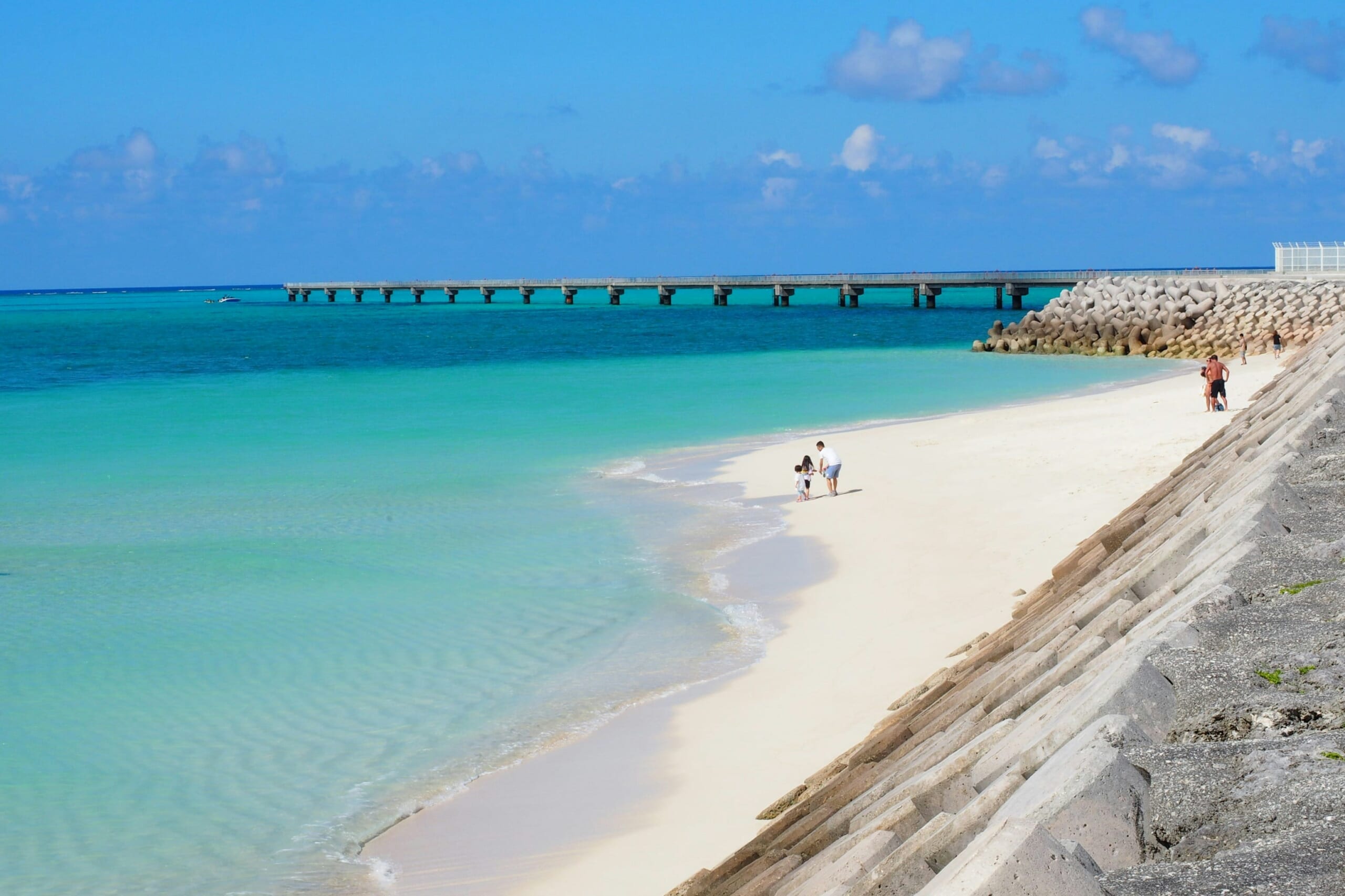
Beachfront areas in Japan provide enticing real estate opportunities. They offer stunning ocean views, a relaxed lifestyle, and a thriving tourism market.
Okinawa (沖縄) is famous for its subtropical climate and vibrant local culture, making it a popular destination for tourists and long-term residents seeking a laid-back island lifestyle. Kamakura (鎌倉) offers a unique blend of rich historical significance and scenic beaches, attracting those interested in cultural depth and seaside living. Chiba (千葉), with its proximity to Tokyo, provides a mix of accessibility and scenic coastal beauty, making it ideal for those looking to invest in residential or commercial properties close to the capital while enjoying beachfront benefits.
How to Buy Real Estate in Japan

Buying real estate in Japan as a foreigner is relatively straightforward, and there are no legal restrictions on ownership, whether you’re a resident or non-resident.
Requirements for non-residents:
Foreigners can purchase and own real estate in Japan in their own names without any special permits. However, buying property does not grant the buyer any rights to reside in the country, so if you plan to live in Japan, you’ll need to secure the appropriate visa.
General Flow of Buying Real Estate:
1. Property Search and Selection: You can start by selecting a property through real estate agencies, websites, or local contacts.
2. Hire a Real Estate Agent: It’s advisable to hire an agent who can assist with communication and understanding the local market and legal requirements.
3. Due Diligence: Perform a thorough inspection of the property and check for any legal encumbrances.
4. Sign a Sales Contract: Once you’ve decided on a property, you will sign a sales contract and pay a deposit, usually around 10% of the property price.
5. Settlement and Remaining Payments: The remaining balance of the property price is paid during the settlement, and the property title is transferred to your name.
Legal and Financial Procedures:
Legal Checks: Your real estate agent will help you conduct legal checks (due diligence) to ensure the property has no outstanding mortgages or issues.
Opening a Bank Account: Non-residents may need to open a Japanese bank account for transaction purposes.
Payment of Purchase Tax and Registration Fees: You must pay acquisition tax, registration tax, and agent fees.
Differences Between Residents and Non-Residents:
1. Financing: Residents may have easier access to financing from Japanese banks, while non-residents might find it more challenging and may need to provide a larger down payment or seek international funding.
2. Tax Implications: Non-residents are subject to different tax regulations regarding rental income and capital gains, so it’s essential to consult a tax advisor familiar with Japanese and your home country’s tax laws.
3. Required documents: The documentation requirements differ significantly between residents and non-residents. Residents can easily access necessary documents such as the Certificate of Residence, Residence Card, Seal, and Certificate of Seal, readily available in Japan.
On the other hand, non-residents face challenges as some documents, like the Seal, are uncommon outside Asia. Instead, non-residents must provide an affidavit and other identification documents like a passport or driver’s license. This affidavit must include a certified translation verifying the signature and proof of address.
For more information

If you are interested in buying real estate in Japan and want more information about the current market situation or how to proceed, List Sotheby’s International Realty offers a document with all the information you need!
Click the following link to request to download this document for free.
<<Get List Sotheby’s International Realty document Here!>>
▽Subscribe to our free news magazine!▽
For more information about living in Japan, be sure to check out the following articles!
▼Related topics▼
▼Editor’s picks▼
Written by
Born and raised in Costa Rica, I started living in Tokyo from college. I love traveling within Japan & around the world. Since I wasn’t born in Japan, I know the cultural impact that you can get when visiting Japan for the first time and what you might be worried about before your trip. And I’ve lived long enough to somewhat understand the nuances of the Japanese culture that make this country such an attractive place to visit. Hopefully I can provide to you both the information you’re looking for and the information you didn’t know you needed to know.





